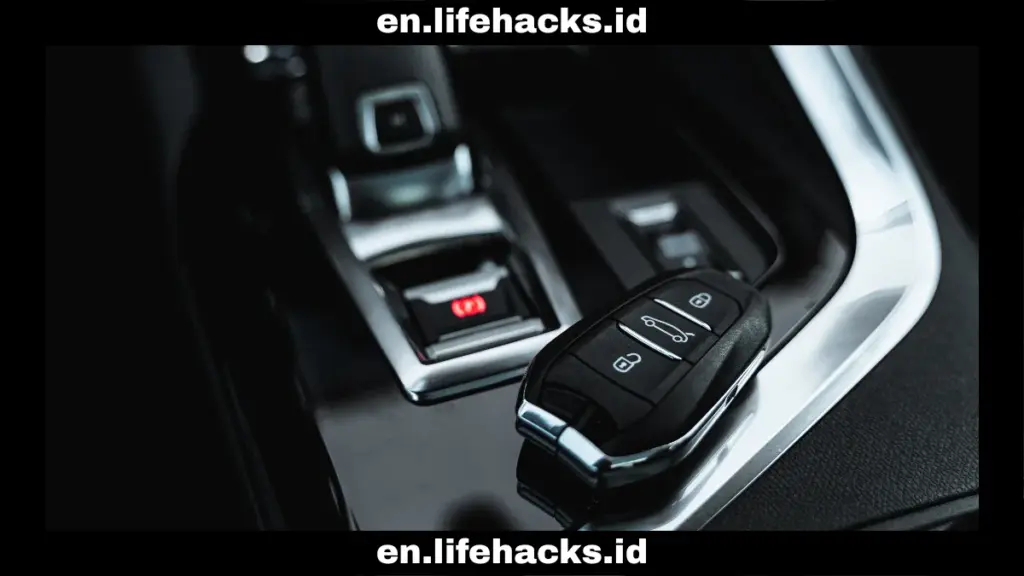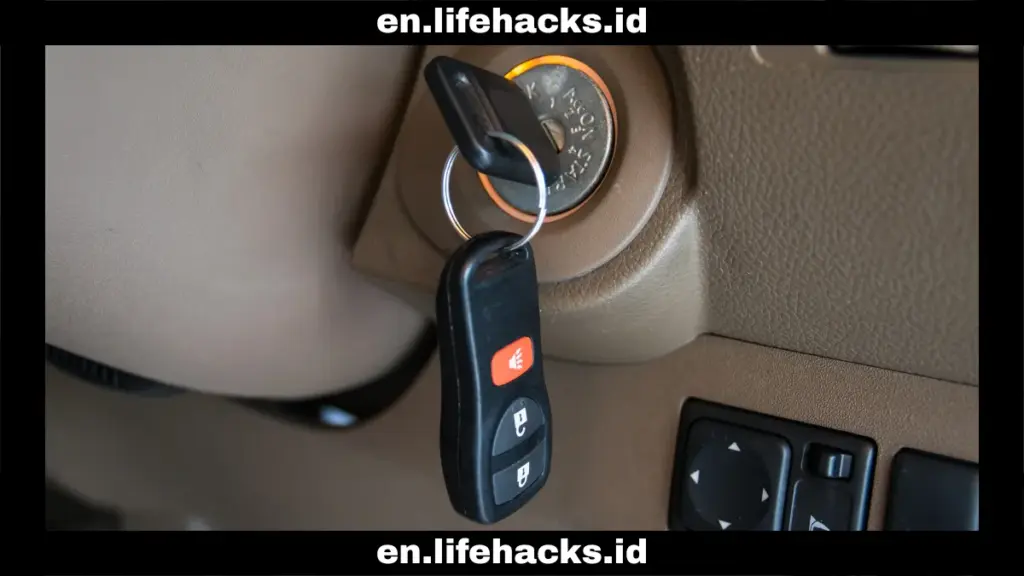Technology in vehicle production continues to improve. One technology that helps improve vehicle security is the car immobilizer key, which is part of an anti-theft system. By using this key, people cannot arbitrarily start their vehicle.
With a car immobilizer key, the car engine can only be started with a unique code sent via radio waves as identification. If the code does not match between the car key and the immobilizer system, the engine cannot be started, even if the ignition is turned on or the start button is pressed.
The question is, whether the car immobilizer key really safe? This article will explain its function and how it works to determine how safe this system actually is.
The Functions of Car Immobilizer Keys

The main function of car immobilizer keys is to prevent vehicle theft. Before you know how effective these keys are in keeping your vehicle safe, you need to know their other functions. Here are the functions you need to know:
- Increased security: The system’s difficult-to-copy code greatly reduces attempts at theft by unlawful means.
- Preventing counterfeit keys: The electronic chip inside the key can detect whether it is genuine or a duplicate or counterfeit key, making it difficult to create a duplicate key.
- Blocking the ignition system: The immobilizer will not connect the electrical current to the ignition system if the code does not match.
- Deactivating the fuel pump relay: In an effort to increase security, an incompatible immobilizer code will also not activate the fuel pump relay.
With its various functions, it is clear how car immobilizer key technology is serious about enhancing vehicle security.
How does the Car Immobilizer Key System Work?

To determine whether an immobilizer key is secure or not, you need to understand how the system actually works. By understanding how it works, you can assess for yourself how secure the system is.
A car immobilizer key contains a small microchip (transponder) with a unique code that works with the vehicle’s receiver system to detect the code. The two communicate to send and receive codes via radio waves.
When brought close to the ignition, the vehicle sends a signal to the transponder. The signal received by the transponder is then converted into a unique code that is sent back to the car’s receiver. The signal is then forwarded to the car’s electronic control unit (ECU) to check the code.
If the code is valid, the ECU will activate the engine system, and the car will start. However, if the code is invalid, the immobilizer system will remain active, preventing the engine from starting. In modern systems, the code sent by the transponder will always change every time you start the car.
Is a Car Immobilizer Key Effective in Maintaining Security?

From the way the immobilizer key works with the system in the vehicle, we can actually answer whether this device is effective or not in maintaining security. This system is quite effective in maintaining vehicle security because it can only start the engine when it receives a valid code.
This will certainly prevent thieves from starting the vehicle even if they bypass the mechanical ignition key. Modern systems are even supported by rolling codes, which change the code every time you start the car. This makes it even more difficult for thieves to mimic the signal.
With a system that works automatically and with minimal errors, it is a highly reliable anti-theft device in today’s era. Thieves may adapt to new technologies, but innovations in vehicle security will certainly continue to evolve.
Table of Contents


